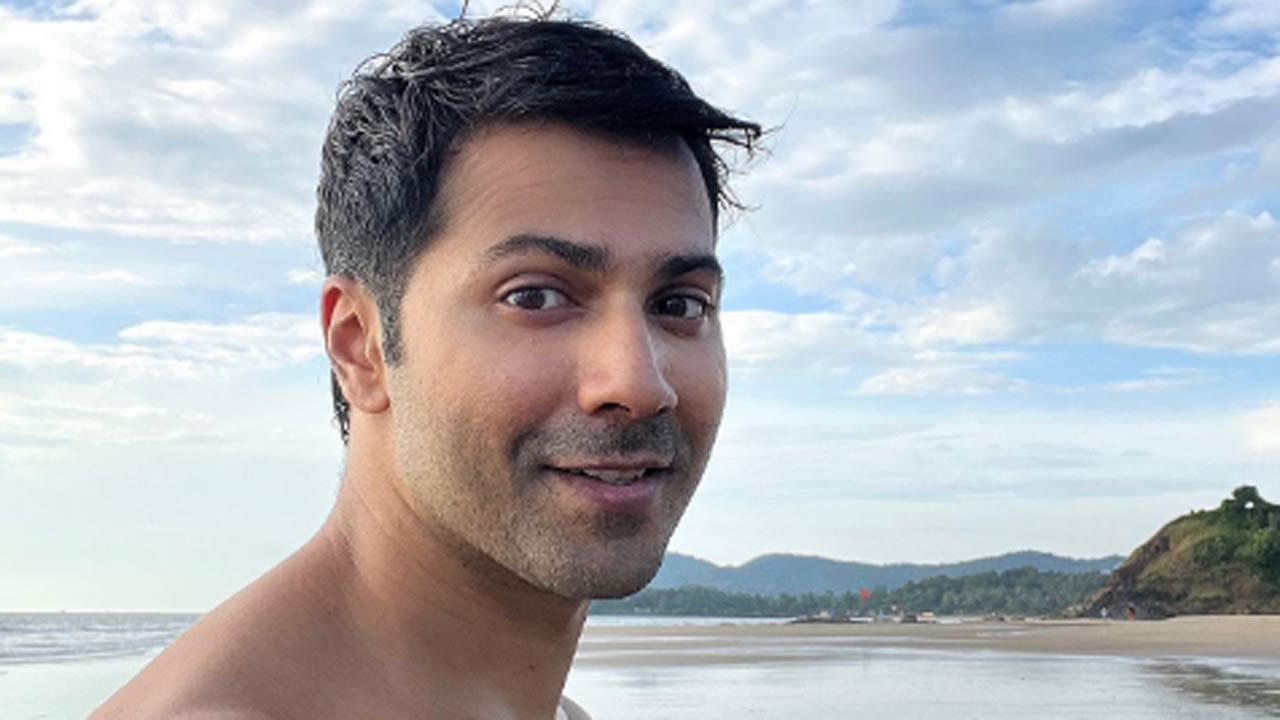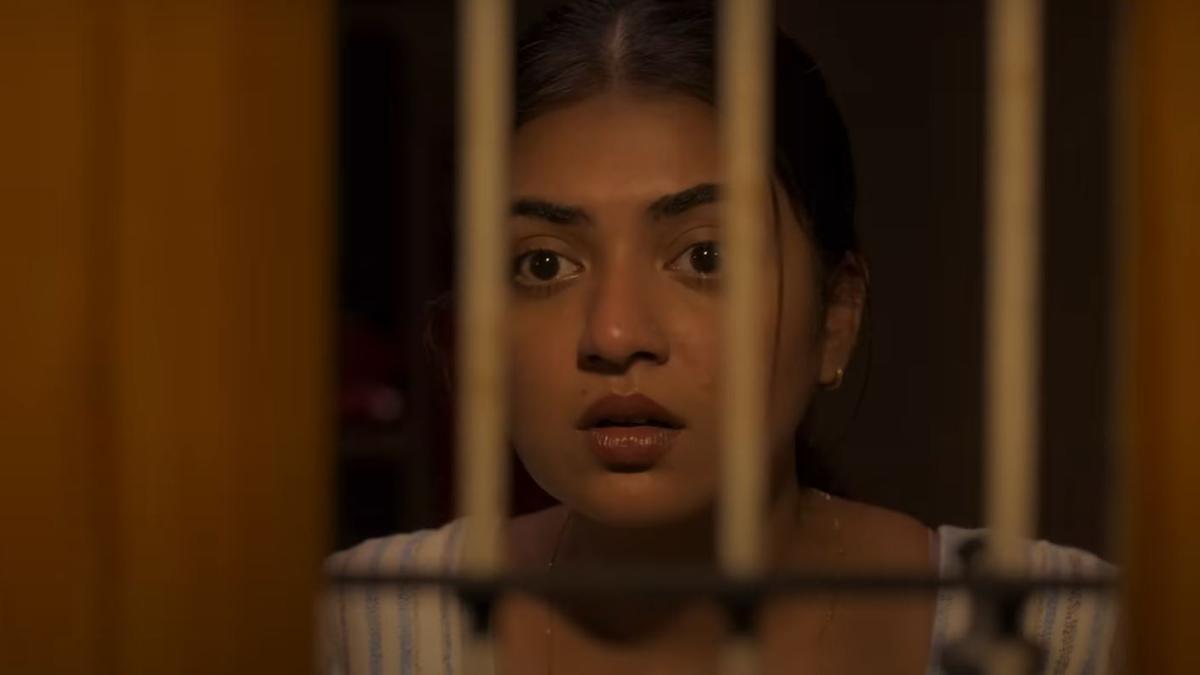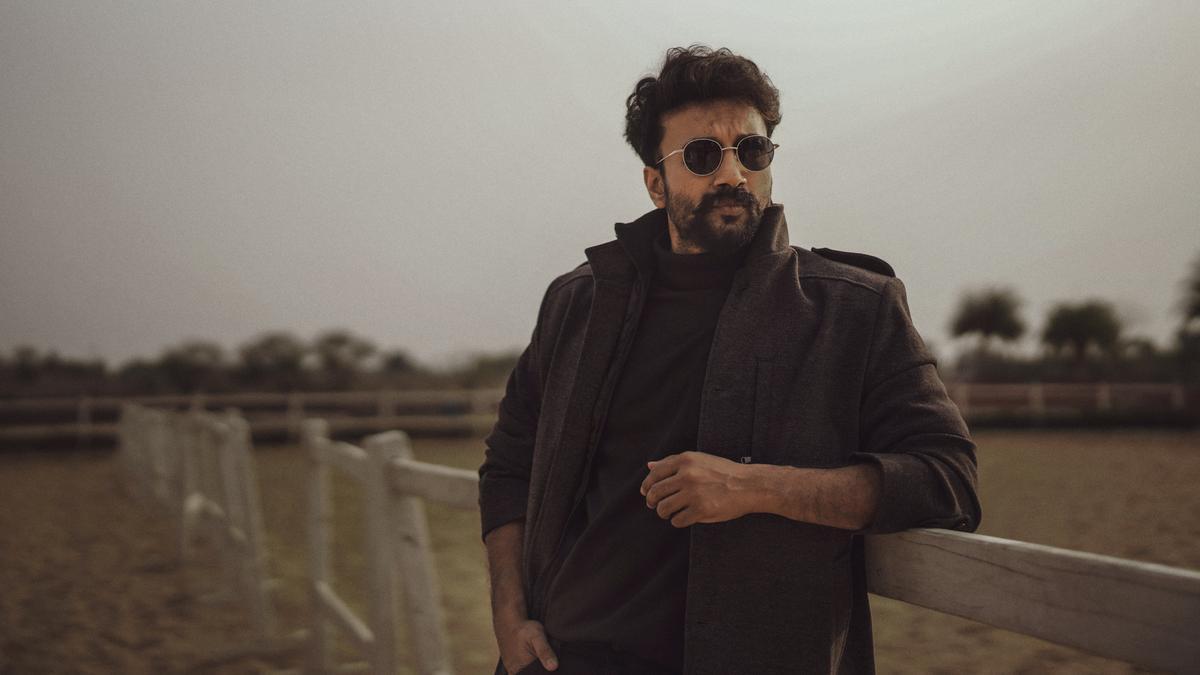
Kylian Mbappe’s astonishing return to the pitch ahead of schedule has sparked discontent within the French national team’s coaching hierarchy, spearheaded by head coach Didier Deschamps. The incident unfolded shortly after the celebrated Real Madrid striker was left out of the squad set to compete in the UEFA Nations League. Deschamps’ decision was influenced by the understanding that Mbappe was sidelined due to injury, yet his surprisingly quick return has now led to a wave of resentment among the coaching staff.
The backdrop to this controversy lies in Real Madrid’s recent victory over Alaves, where Mbappe was forced to exit prematurely due to an injury that initially suggested he would be benched for a solid three weeks. However, in a remarkable turn of events, the French captain defied expectations by reappearing on the field just nine days later to participate in a UEFA Champions League match against Lille. His return did not end there; he proceeded to play an extensive 70-minute spell against Villarreal on Saturday, further demonstrating his rapid recovery.
Reports from Marca, a well-regarded Spanish sports publication, delve deeper into the dissatisfaction brewing among Deschamps and his team. The core of their displeasure is rooted in the belief that the sole intention of resting Mbappe was to allow time for proper healing. His unexpected appearance on the pitch counters this notion, leading to a perception that Mbappe might be intentionally distancing himself from his national responsibilities.
While speculation abounds regarding Mbappe’s motivations, the decision to prioritize club over country has left a bitter taste in the mouths of many within the French team’s inner circle. This friction underscores a long-standing concern within international football – the delicate balance between club commitments and national allegiance. The pressure on players like Mbappe to perform consistently for both their clubs and countries is immense, often leading to situations where priorities appear misaligned.
Mbappe’s early return raises important questions about player welfare and the potential influence exerted by clubs on individual recovery timelines. Pressure for rapid comebacks can overshadow the genuine health concerns that players face, challenging the broader discourse on athlete well-being.
. The French coaching staff’s reaction highlights an ongoing debate within the football community: how to effectively manage player health while balancing the expectations of both club and national teams.
What remains evident is that Mbappe finds himself at the intersection of these pressures, emblematic of a dilemma faced by many elite athletes. As his commitment to Real Madrid stands prominently, the implications for his involvement with the French national team become a point of contentious discussion. Amidst ongoing media scrutiny, Mbappe has yet to provide commentary regarding his recent decisions, leaving room for interpretation and conjecture.
The repercussions of Mbappe’s premature return showcase the multifaceted dynamics at play in top-tier football. The episode touches on themes of loyalty, expectation, and the competing interests that define the careers of world-class players. Stakeholders, including fans, sponsors, and team officials, all have vested interests, each with a unique perspective on how scenarios like these should unfold.
As the situation develops, the spotlight remains fixed on how Deschamps and the French national team will navigate this challenge. Insights from football analysts suggest that dialogue between clubs and national teams might need reevaluation to mitigate future discrepancies. Solutions geared towards fostering transparent communication and mutual understanding between all parties involved could potentially lessen conflicts such as these.
In the ever-evolving landscape of modern football, Kylian Mbappe’s early return serves as a notable example of the complexities faced by athletes caught between the dual pressures of club and country. The resolution of this particular saga will undoubtedly contribute to the larger narrative of how player responsibilities across different domains are reconciled.
As fans and followers around the world remain captivated by Mbappe’s performances on the pitch, the broader implications of his recent actions reflect significant considerations for the future of both player welfare and international football relations.










